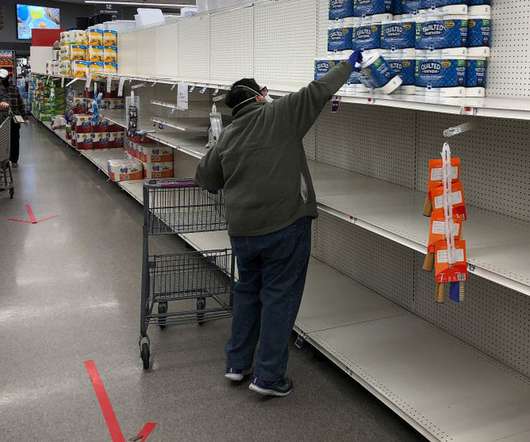Building a better prepared Australian Defence Force after the Defence Strategic Review – supply-chains and logistics and the way in which both improve military resilience
Logistics in War
JULY 8, 2023
Supply chain resilience is, of course, a part of this narrative – as we are reminder every time we hear about guided-weapons or military fuels. Force posture is underpinned by supply chains, distribution and the technical systems – military and civilian – that ensure that the right ‘stuff’ gets to the right location.































Let's personalize your content